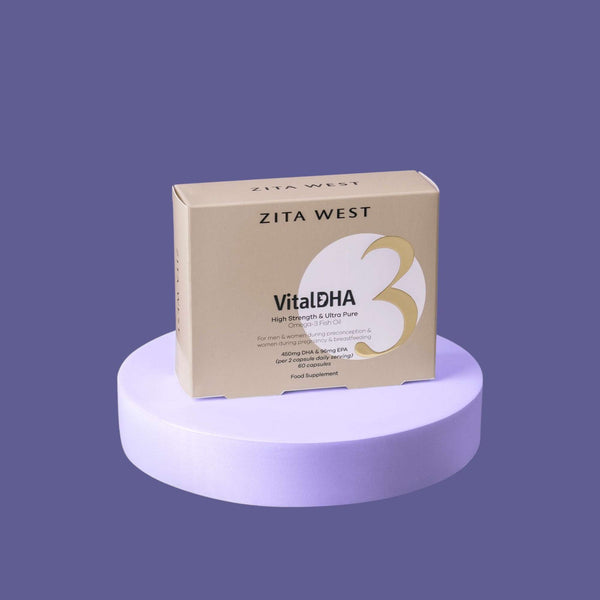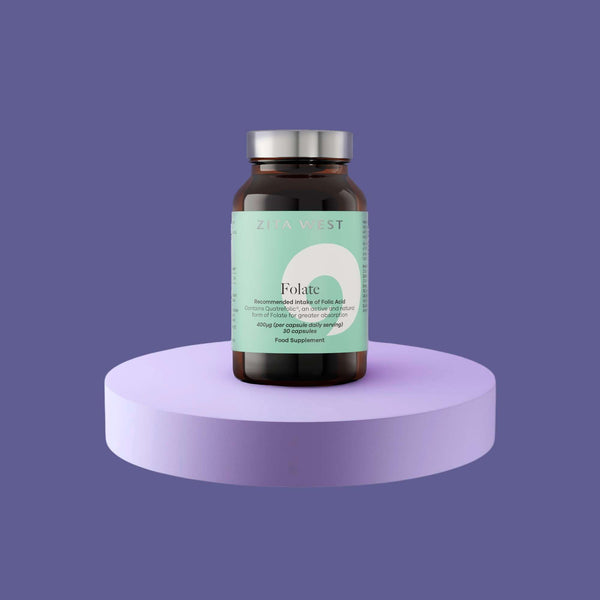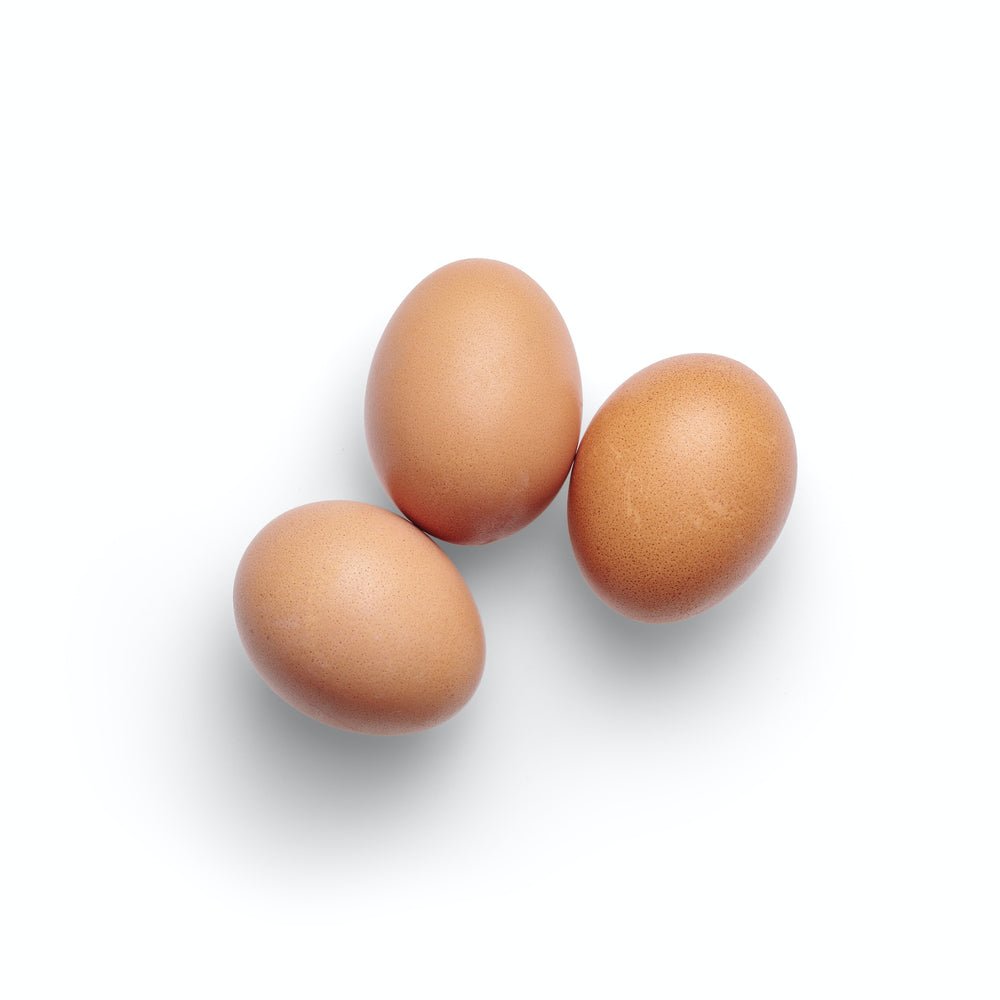
B-Vitamins
Female Fertility: Assists with the regulation of hormonal activity and supports female hormonal health generally.
Male Fertility: Important for the healthy functioning of the paternal immune system and regulation of hormonal activity. Also involved in the normal metabolism of protein and glycogen, plus some neurotransmitters, as well as the normal formation of red blood cells.
Pregnancy & Post Natal: Important for the normal functioning of the immune system and regulation of a mother’s hormonal activity
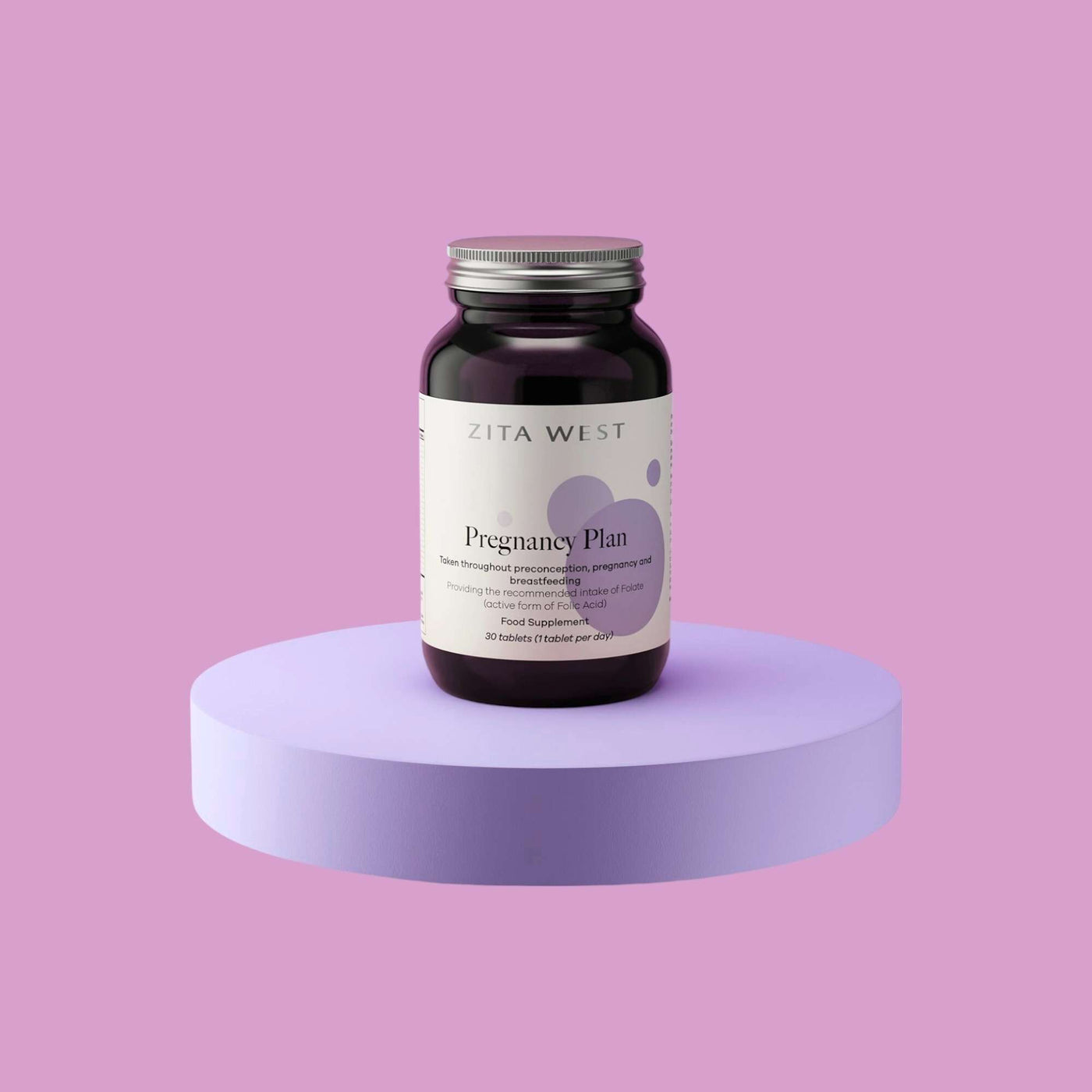
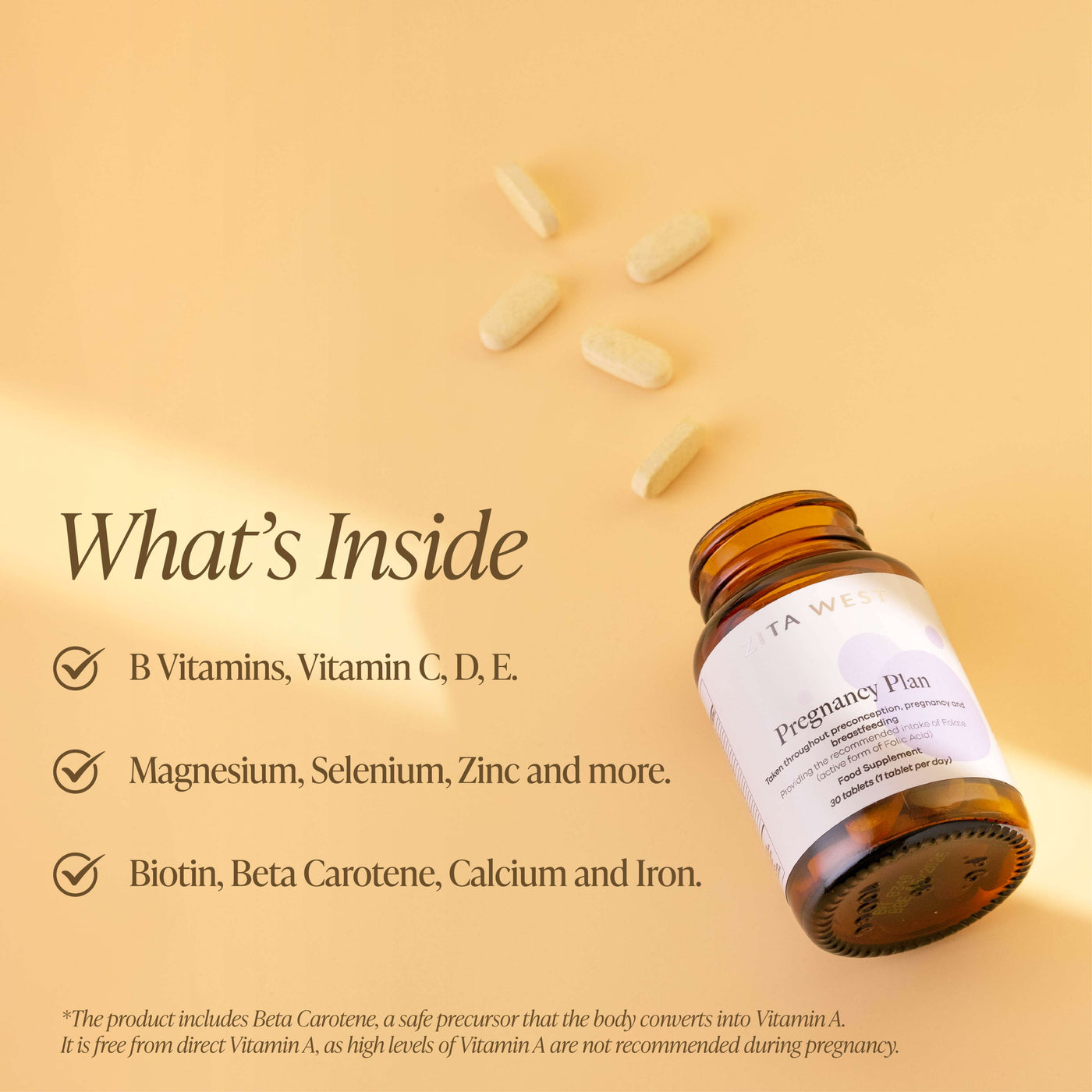
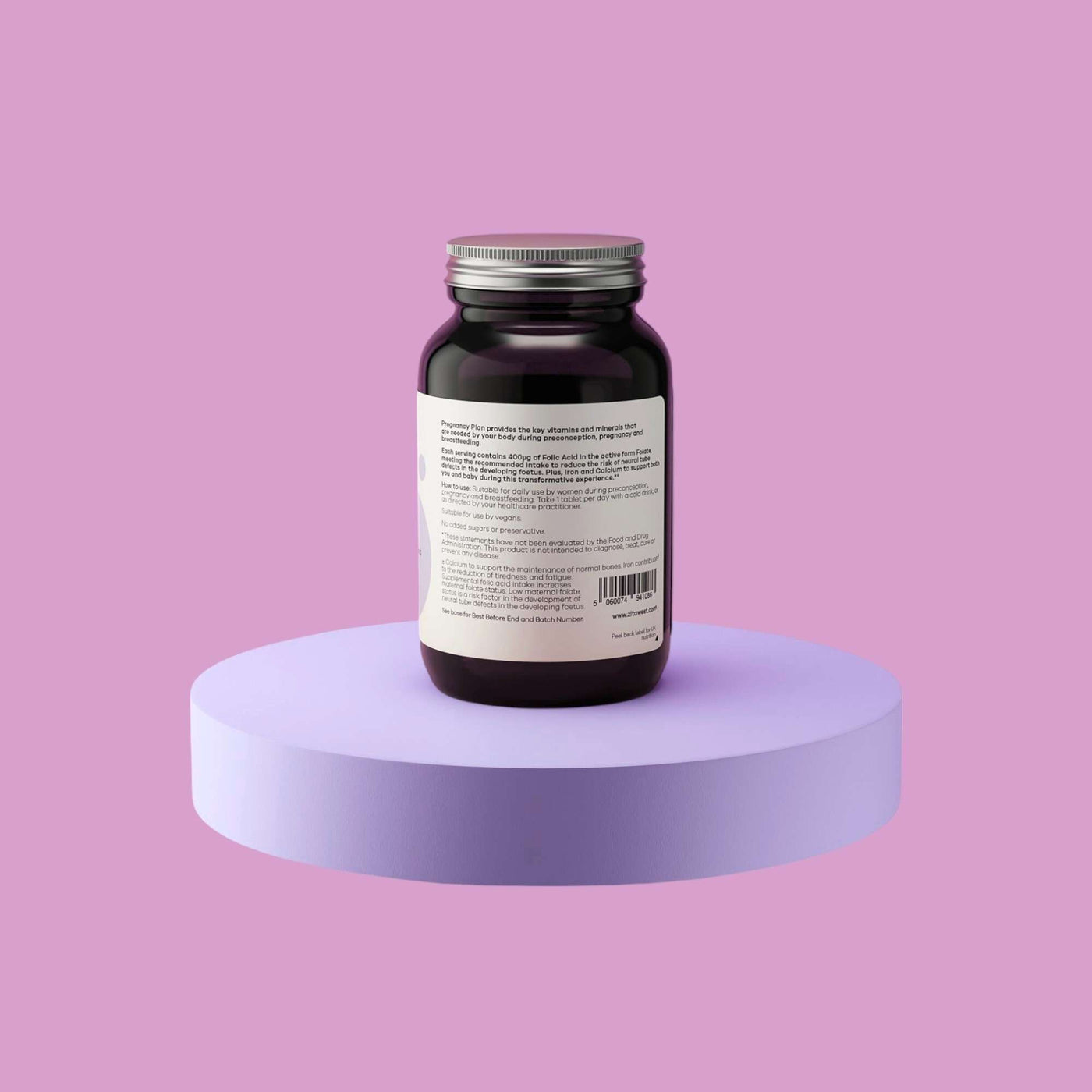
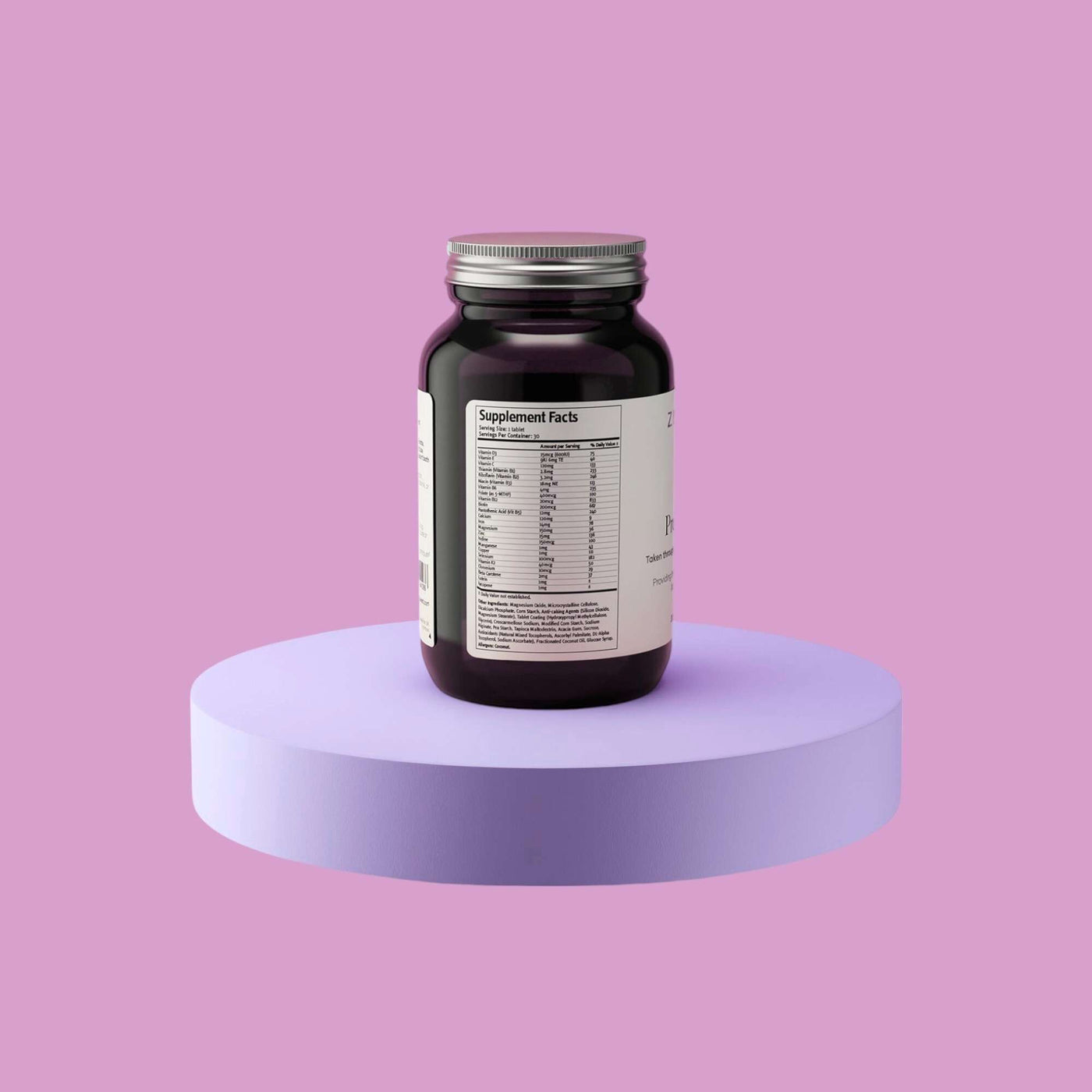
.jpg?v=1738933418129&options=w_1000)



